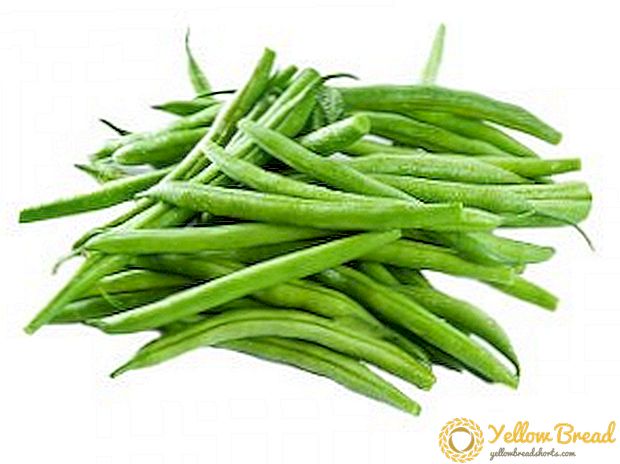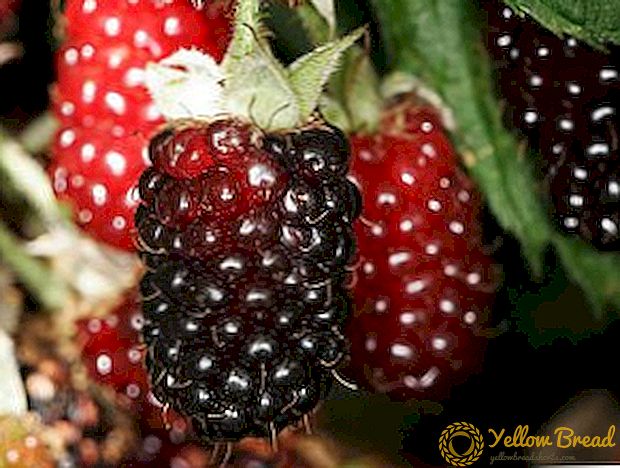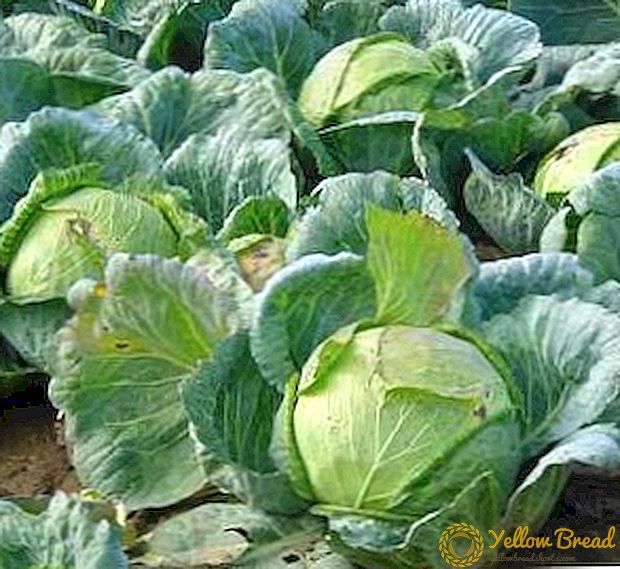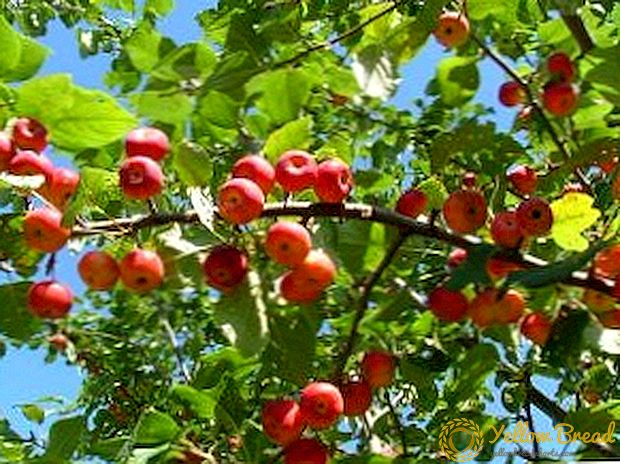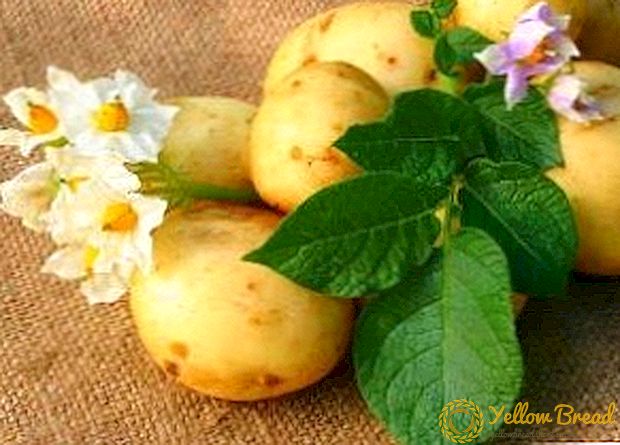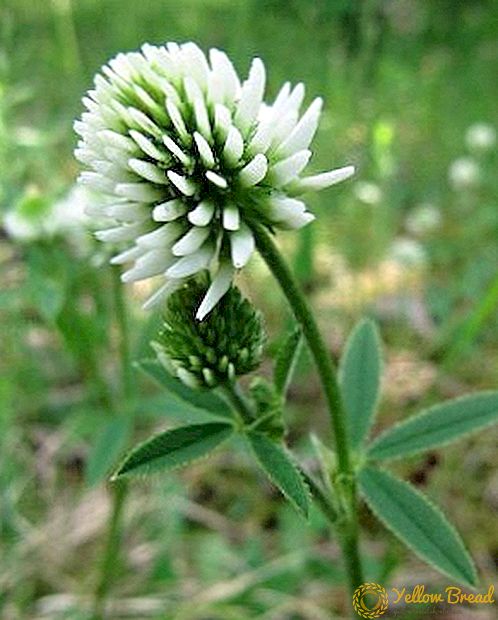
If a novice poultry farmer hesitates in choosing a poultry farm, he should pay attention to the breed of kohinhins, who not only lay eggs, but also build up muscle mass well.
Cochinquins are a very beautiful breed.
Today, it is very rarely seen in poultry farms or in the household.
Over the years, it has ceased to be valued as a meat breed of chickens, and today it is grown only for decorative purposes and for its preservation.
It is still worth paying attention to this breed of birds, because it is very beautiful.
What other features of the breed Cohinquin, you will read later in the article.
What features have such a beautiful breed of birds? Or all that she can boast of - is it only beauty?
This breed cannot be confused with other breeds of chickens. It is distinguished by its lush plumage, round shape of the body and small legs.
This breed has one drawback, birds are very prone to obesity.
There are two versions of the appearance of the Cochinquin breed:
- Initially, the Cochinquin breed was bred in China. There this breed of birds was used exclusively for decorative purposes.They could be seen in palaces or rich estates, and the bird was also given to foreigners. After that, it began to breed in Europe.
- The second version assumes that for the first time this breed appeared in Vietnam, but not for decorative purposes, but for meat.
What is attractive about this breed of birds? We list the main Cohinquin features:

- The first thing that is impossible not to notice is the large size of the bird and its magnificent feathers all over the body. She is very tall, her height reaches up to seventy centimeters.
The breed has a proud gait. Another distinctive feature is the small size of the head with a red scallop, which looks very nice against the background of its considerable body.
- The good quality of this breed is adaptability to different weather conditions and different temperature conditions from -30 degrees to + 60 degrees Celsius. And most importantly, under various conditions of keeping the bird does not lose its qualities.
- Eggs carried by females of this breed have a sufficiently strong shell. Due to its good strength, the Kochinquin breed is one of the best breeds for laying hens.
When creating the Brahma breed, this breed was the main one.Their egg production is not high, about a hundred eggs are given in twelve months. But a very good plus is that, unlike many other breeds, the Cochinchins rush throughout the year and even in winter.
- Breed kohinhin for the most part is a meat breed. The weight of the female reaches about four kilograms, and the weight of the male is approximately five kilograms.
- What else can be noted is the calmness and balance of the bird. Cochinquins are measured and not very mobile way of life.
- It is worth paying attention to the fact that if you nevertheless decided to start breeding this breed, a small incident can occur - the birds can be bald for a long time.
But it’s not worth worrying about it, because they will still grow feathers. This is their distinguishing feature.
Consider some Cochinquin species.
The most famous types of kokhinhin include the blue and pygmy kokhinhin. But there are other lesser-known ones: Smoky, White and Black Kokhinhin.
Today we will talk only about the first two species, since all other species are their sub-species, and have no distinctive features, except for the color of feathers.
So, Blue Cochinhin, what can you say about him

Initially, the breed of birds Blue Cochin China was bred in the city of Shanghai. Began to breed it as a meat breed. Their first name was "Shanghai Chickens". And over time, due to their unusual lush plumage, they were transferred to a number of decorative birds.
In Europe, this species of birds appeared around 1850.
The egg shell color is brown. The egg production of females is small and makes about 110 eggs per year.
Rooster weight The Blue Cochin Breed is on average 4.5 kilograms, and the weight of chicken varies within 3.5 kilograms.
Breed features Blue Cochinquin:
- Very lush, abundant and loose plumage, which covers the whole body of the bird and even the legs. From the side it may seem that the bird was dressed in lush pants. Even the fingers of the limbs are covered with feathers. Because of its such pomp, the shape of the body seems rounded.
- This breed is characterized by a small head, deep-set eyes. The color of the eyes is blue kohinhina, usually orange-red. Small scallop in the form of a leaf.
Beak, curved with a predominance of yellow. The ears are small, long and red.The neck is not short and not long. The short back is wide and rises to a wide waist.
The chest is very developed. The wings of the bird are small and rounded. The legs of the bird are short and set wide. There is also a short tail. The males are not very well developed spit. The legs are dominated by yellow color.
- Chicks blue kohinhina very long bald walk, but after a certain period of time they fledge.
Merits This breed are:
- Adult birds are unpretentious. Respond well to changes in temperature.
- The birds are very calm.
- Females are very good chicks.
- This breed can be kept in small rooms.
There is one drawback, which is not possible not to say, this is what the bird is prone to corpulence.
What can be interesting to tell about the dwarf form of kokhinhin?
Dwarf Kochinh is decorative breed. This variety was bred in China, in the palace of the emperor, after which it was brought to Europe.
Do not follow from the name of the bird that it is small. This is not true.This species has its own distinctive features, which are listed below.
Special features this species:

- The bird is distinguished by its low and plump shape, with a small head on which the comb and plumage are located. Plumage looks like a gun. The tail of the bird is small and looks like a ball. In general, the bird looks large and round.
- The bird's eye color is red, and maybe brown.
- The wings of the bird are small and fit snugly to the body.
- The back of the dwarf cochinquin is wide and rises slightly to the tail.
- Feathers are also on the fingers, and on the tars.
- The whole body of the bird is covered with abundant plumage.
- Plaits soft and short.
- The belly of the dwarf kokhinhina seems round and full because of its lush feathers.
The weight of one chicken is about 0.8 kilograms, and the weight of the rooster is smaller and is about 0.7 kilograms.
If you compare the female and the male, then female looks bigger.
For twelve months, one female is able to carry about 80 eggs, but maybe less than about 50 eggs. The weight of one egg is approximately 30 grams. The shell of eggs can be creamy, and sometimes light brown.
The survival rate of adult birds and small chicks is on average 95 percent.
Positive sides this breed:
- Birds have a very beautiful and pleasant view.
- They are kind and calm.
- The breed is characterized by its addiction to the owner and quickly becomes tame.
What are the characteristics of the content and cultivation of the Kohinquin breed?

As mentioned earlier, this breed adapts to any growing conditions. The birds are very calm, good-natured, slow, they are characterized by patience, with such characteristics a small house will be suitable for their maintenance.
If you decide to grow a bird exclusively for decorative purposes, then you can’t to let her out in wet rainy weather. Since the water has a very negative effect on their plumage. Some believe that the sun is very bad for some types of Cochinquin, but there is no evidence of such a statement.
It is best to keep the females and males of the kokhinhin breed in separate rooms. This is necessary in order to prevent damage to feathers and ridges during mating. To feed the birds, the best option would be to use soft feed, which in turn ensures the normal development and growth of the body.
It is best to feed small chicks with self-made food, and if this is not possible, then animal fat should be added to the purchased food. This should be done up to 45 days of chick life.
Already at the age of about two weeks, birds can add grain to their diet. Since the birds are characterized by their magnificent plumage, you need to constantly monitor their feeding.
At the age of sixteen weeks in their diet should be sufficient amount of protein. After 16 weeks, the amount of protein can be reduced, after which the birds acquire their proper plumage.
As mentioned earlier, the chicks go bald for a very long time, but in the end the plumage still grows.

